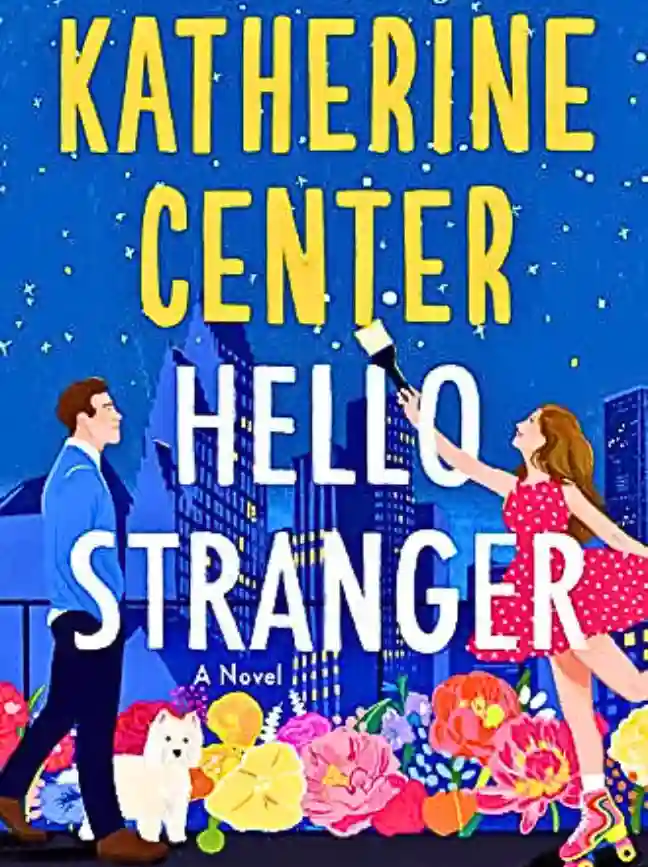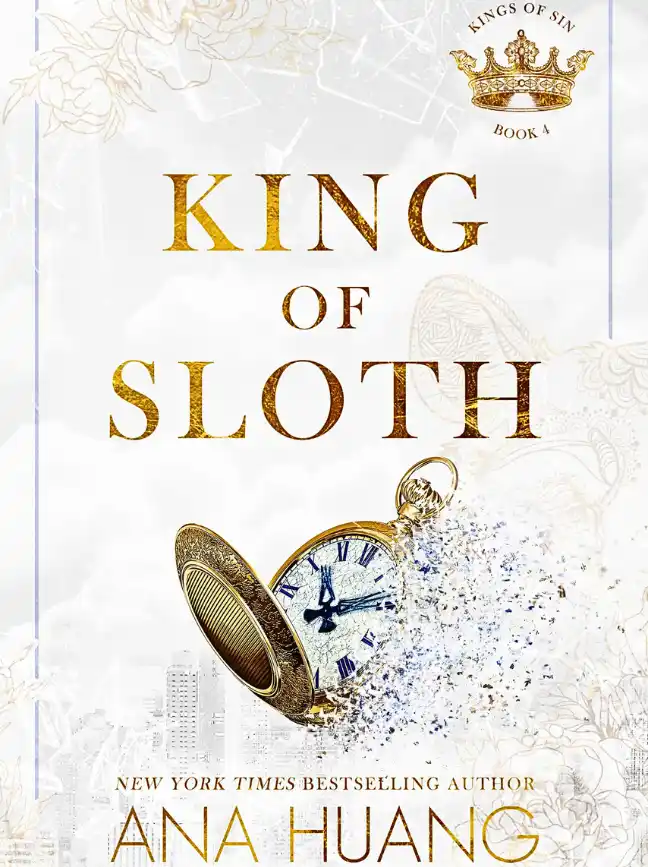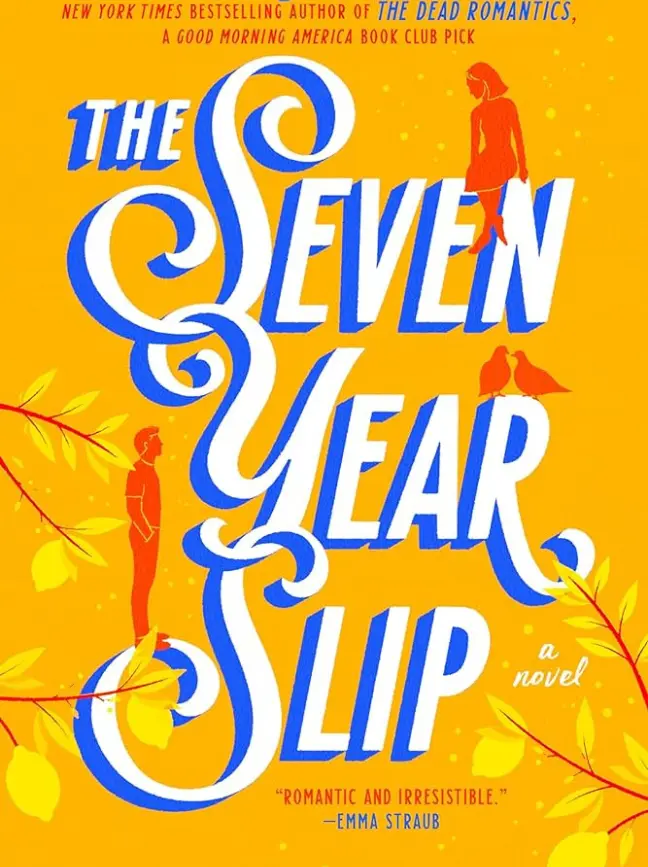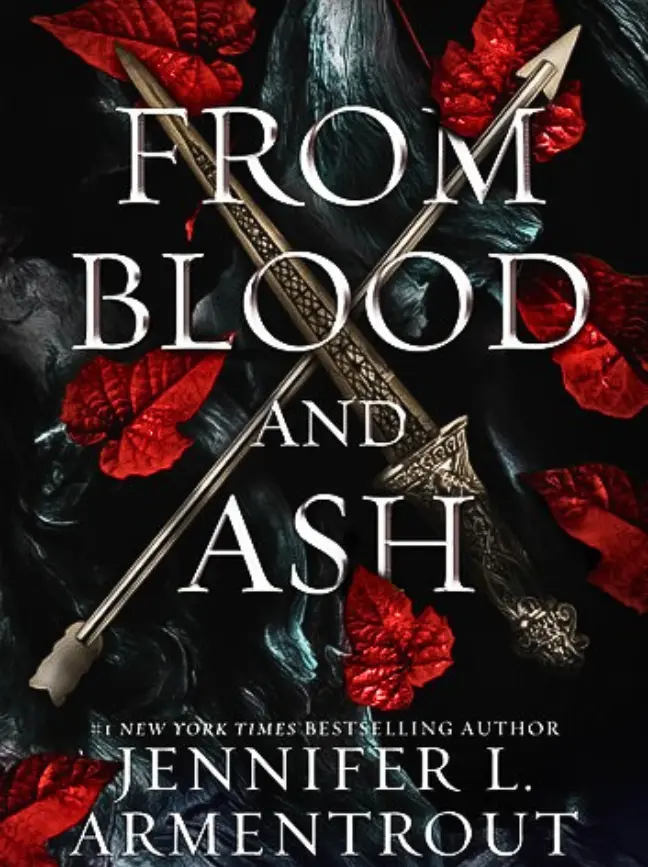Pino screamed and screamed into the crook of his arm as the shooting went on and more men fell. The crowd went mad, crying in horror and stampeding to get away from the machine gunners who sprayed the walls of Piazzale Loreto with blood and gore that dripped and pooled around the fifteen martyrs long after the gunfire had stopped.
Eyes closed, Pino slid down and straddled the lower girder, hearing the screams in Piazzale Loreto as if they were far away and muffled. The world doesn’t work like this, he tried to tell himself. The world is not sick and evil like this.
He remembered Father Re summoning him to a higher cause, and then found himself reciting the Hail Mary, the prayer for the dead and the dying. He’d gotten to the last line, “Holy Mary, Mother of God, pray for us sinners, now and at the hour of our—”
“Vorarbeiter! God damn it!” General Leyers shouted. “Do you hear
me?”
In a daze, Pino looked around and up at the Nazi, who was still
standing on the girder, his face stony and cold. “Get down,” Leyers said. “We’re leaving.”
Pino’s first thought was to pull the general’s feet out from under him, have him fall on his back on concrete from more than four meters up. Then he’d jump down and strangle him with his bare hands just to make sure. Leyers had let this atrocity happen. He’d stood by when—
“I said get down.”
Feeling like a part of his mind had been permanently burned, he did so. Leyers climbed down after him and got into the back of the Daimler. Pino shut his door and slid behind the wheel.
“Where to, mon général?” Pino asked numbly.
“Did you know one of them?” Leyers asked. “I heard you screaming.”
Pino hesitated, his eyes welling with tears. “No,” he said finally. “I’ve just never seen anything like that before.”
The general studied him in the rearview mirror a moment before saying, “Go. There’s nothing more to be done here.”
The other German staff car was already turning around, heading for the checkpoint, when Pino started the Daimler. The rear window of the second staff car was down. He could see Colonel Rauff looking out at them. Pino wanted to floor the accelerator and T-bone the Gestapo chief’s car. Rauff’s vehicle would be no match for the Daimler. Maybe he’d even kill Rauff, make the world an infinitely better place.
General Leyers said, “Wait until they’ve gone ahead.”
Pino watched Colonel Rauff disappear into the city before he started the Daimler.
“Where to, mon général?” he said again, unable to stop seeing Tullio rage against his executioners before dancing on the bullets that killed him.
“Hotel Regina,” Leyers said.
Pino started in that direction. “If I may, mon général, what will happen to the bodies?”
“They’ll lie there until dark, when their relatives can claim them.” “All day?”
“Colonel Rauff wants the rest of Milan, especially the partisans, to see what happens when German soldiers are killed,” Leyers said as they left the checkpoint. “The savage idiots. Don’t they see this will just increase the number of Italians who want to kill German soldiers? You, Vorarbeiter, do you want to kill Germans? Do you want to kill me?”
Pino was shocked by the question, and he wondered if the man could read his mind. But he shook his head, said, “Non, mon général. I want to live in peace and prosperity like anyone.”
The Nazi’s Plenipotentiary for War Production fell silent and pensive while Pino drove back to Gestapo headquarters. Leyers got out and said, “You have three hours.”
Pino dreaded the task ahead, but he left the Daimler and tore off his swastika armband. He went to the new purse store, but the girl who worked
there said his father had gone over to Albanese Luggage.
When Pino entered the leather goods shop, Michele, Uncle Albert, and Aunt Greta were the only ones inside.
His uncle saw him, rushed out from behind the counter. “Where the hell have you been? We’ve been worried sick!”
“You didn’t come home,” his father said. “Oh, thank God you’re back.”
Aunt Greta took one look at Pino and said, “What’s happened?”
For a few moments, Pino couldn’t say a word. Then he fought back tears as he said, “The Nazis and the Fascists, they did a decimation at San Vittore in retaliation for the bombing. They counted off every tenth man until they got fifteen. Then they took them to the Piazzale Loreto and machine-gunned them to death. I saw . . .” He broke down. “Tullio was one of them.”
Uncle Albert and his father looked gut-shot.
Aunt Greta said, “That’s not true! You must have seen someone else.”
Pino, crying, said, “It was him. Tullio was so brave. Yelling at the men who were about to shoot him, calling them cowards . . . and . . . oh God, it was . . . horrible.”
He went to his father and hugged him while Uncle Albert held Aunt Greta, who had turned hysterical. “I hate them,” she said. “My own people and I hate them.”
When she’d calmed down, Uncle Albert said, “I have to go tell his mother.”
“She can’t get Tullio’s body until sundown,” Pino said. “They’re keeping the bodies on display as a warning of what happens when partisans kill Germans.”
“The pigs,” his uncle said. “This changes nothing. It only makes us stronger.”
“That’s what General Leyers said would happen.”
By noon, Pino was sitting on the steps of La Scala where he could see the front of the Hotel Regina and the Daimler parked nearby. He was numb with grief. Gazing across the street at the statue of the great Leonardo and listening to the chatter of citizens who hurried past, he wanted to cry again. Everyone was talking about the atrocity. More than a few called Piazzale Loreto a cursed place now. He was seeing it all again and again in his mind, and he agreed.
At three o’clock, Leyers finally emerged from Gestapo headquarters. He got into the car, told Pino to drive to the telephone exchange yet again. There, Pino waited and thought about Tullio. Merciful night began to fall. Pino felt a little better knowing that his friend’s body could be retrieved and readied for burial.
At seven, the general exited the telephone exchange, got in the back of the staff car, and said, “Dolly’s.”
Pino parked in front of her place on the Via Dante. Leyers had him carry the locked valise. The crone in the lobby blinked behind her glasses and seemed to sniff after them as they passed and climbed up the stairs to Dolly’s apartment. When Anna opened the door, he could see she was upset.
“Are you in for the night, General?” Anna asked.
“No,” he said. “I’m thinking of taking Dolly out for dinner.”
Dolly came to the hallway in a dressing robe, a highball glass in one hand, and said, “A perfect idea. I go crazy sitting here all day, waiting for you, Hans. Where shall we go?”
“That place around the corner,” Leyers said. “We can walk. I feel like I need to.” He paused, and then looked at Pino. “You can stay here, Vorarbeiter, and eat. When I return, I’ll tell you whether I’ll have further need of you tonight.”
Pino nodded and sat on the bench. Looking unhappy, Anna bustled through the dining area, ignoring Pino as she passed, and saying, “What shall I lay out for you, Dolly?”
General Leyers followed, and they all vanished into the depths of the apartment. None of it seemed real to Pino. Leyers was going on as if he’d not seen fifteen people murdered in cold blood that morning. There was something reptilian about the general, he decided. Leyers could watch men jerking on bullets and spurting blood in the last moments of their lives, and then he could go out to eat with his mistress.
Anna returned and as if it were a chore, said, “You hungry, Vorarbeiter?”
“Per favore, if it’s a bother, no, signorina,” Pino said, not looking at
her.
After a few moments’ pause, the maid sighed, and said in a different
tone, “It’s not a bother, Pino. I can heat something up for you.”
“Thanks,” he said, still not looking at Anna because he’d noticed the general’s valise at his feet and was wishing he’d learned to pick a lock.
He heard raised, muffled voices, Leyers and his mistress having an argument of some kind. He raised his head, saw the maid was gone.
A door banged open. Dolly passed the hallway where Pino sat. She called, “Anna?”
Anna hurried into the dining and living area. “Yes, Dolly?”
Dolly said something in German that the maid seemed to understand because she left quickly. The general reappeared, dressed in his uniform pants, shoes, and a sleeveless undershirt.
Pino sprang to his feet. Leyers ignored him, came out into the living area, and said something to Dolly in German. She replied curtly, and he disappeared for several minutes while his mistress poured herself a whiskey and smoked by the window.
Pino felt odd inside, as if something about Leyers just then had caught his eye but had not fully registered. What was it?
When the general returned, he wore a freshly ironed shirt and a tie.
His jacket was tossed over one shoulder.
“We will be back in a couple of hours,” Leyers told Pino, passing closely by.
He stared after the general and Dolly, feeling that oddness again, and then tried to remember Leyers from just a few minutes before, shirtless and
. . .
Oh my God, he thought.
The door shut. Pino heard a board creak. He pivoted his head and saw Anna standing there.
“I heard a grocer say that fifteen members of the resistance were shot in Piazalle Loreto this morning,” she said, wringing her hands. “Is that true?”
Sick all over again, he said, “I saw it. My friend was one of them.”
Anna covered her mouth. “Oh, you poor thing . . . Please, come to the kitchen. There’s schnitzel, gnocchi, and garlic butter. I’ll open one of the general’s best wines. He’ll never know.”
Very soon, a place was set at a small table at the end of a galley kitchen that was spotless. A candle burned there, too. Anna sat opposite him, sipping a glass of wine.
Veal? Pino thought as he sat down and smelled the divine aroma wafting up from his plate. When was the last time he’d had veal? Before the bombardment? He took a bite.
“Ohh,” he groaned. “That is so good.”
Anna smiled. “My grandmother, God rest her, she taught me that recipe.”
He ate. They talked. He told her about the scene at the Piazalle Loreto, and she hung her head and held it for a while with both hands. When she lifted her head to look at Pino, her eyes were bloodshot and filmy.
“How do men think of such wickedness?” Anna asked as wax dripped down the candle and pooled about the holder. “Don’t they fear for their souls?”
Pino thought about Rauff and the Black Shirts wearing the hoods.
“I don’t think men like that care about their souls,” Pino said, finishing the veal. “It’s like they’ve already gone to evil, and going a little deeper won’t matter.”
Anna gazed past Pino into the middle distance for a moment. Then she looked at him and said, “So how does an Italian boy end up driving for a powerful Nazi general?”
Upset by the question, Pino said, “I’m not a boy. I’m eighteen.” “Eighteen.”
“How old are you?”
“Almost twenty-four. Do you want some more food? Wine?” “May I use the toilet first?” Pino said.
“Down the hall, first door on the right,” she said, and reached for the wine bottle.
Pino went through the living area, and into a carpeted hall dimly lit by two low-wattage bulbs. He opened the first door on the right, turned on the light, and entered a bathroom with a shower-tub, tiled floor, a vanity crowded with cosmetics, and another door. He went to the second door, hesitated, and then gently tried the knob. It turned.
The door swung open into a darkened space that smelled of Leyers and his mistress so strongly that it stopped him for a moment. A warning
voice in his head told him not to go on, to return to the kitchen, and to Anna.
He flipped on the light.
In a sweeping glance, Pino saw that the general occupied the far left side of the room, which was neat and precisely arranged. Dolly’s side, which was closer to Pino, resembled an ill-kept theater costume room. There were two racks of fine dresses, skirts, and blouses. Cashmere sweaters bulged from drawers. A mishmash of colorful silk scarves, several corsets, and garter belts hung from the closet doors. Shoes were lined up in rows by the bed, Dolly’s only surrender to order. Beyond them, amid stacks of books and hat boxes, was an occasional table that supported a large, open jewelry box.
Pino went to the neater side of the room first, scanning the top of a set of drawers and seeing cuff links on a tray, a clothes brush, a shoehorn, and a shaving kit. But not what he was looking for. Nothing on the nightstand or in it, either.
Maybe I was wrong, he thought, and then shook his head. I’m not wrong.
But where would someone like Leyers hide it? Pino looked under the mattress, and under the bed, and was about to search the general’s shaving kit when he noticed something in the mirror, something in the chaos of Dolly’s side of the room.
Pino circled the bed, going up on tiptoes to avoid stepping on Dolly’s things and at last reached the jewelry box. Strings of pearls, gold chokers, and many, many other necklaces hung in bunches from hooks on the inside of the lid.
He pushed them aside, looking for something plain, and then . . .
There it was! Pino felt a thrill go through him as he plucked the thin chain with the key to the general’s valise off a hook. He put it in his pants pocket.
“What are you doing?”
Pino spun around, his heart slamming against his chest. Anna stood in the doorway to the bathroom, her arms crossed, a glass of wine in one hand, and her face etched hard in suspicion.
“Just looking around,” Pino said. “In Dolly’s jewelry box?”
He shrugged. “Just looking.”
“Not just looking,” Anna said angrily. “I saw you put something in your pocket.”
Pino didn’t know what to say or do.
“So you’re a thief,” Anna said, disgusted. “I should have known.” “I’m not a thief,” Pino said, walking toward her.
“No?” she said, taking a step back. “Then what are you?” “I . . . I can’t tell you.”
“Tell me, or I’ll tell Dolly where I found you.”
Pino didn’t know what to do. He could hit her and flee, or . . . “I’m a spy . . . for the Allies.”
Anna laughed dismissively. “A spy? You?” That made him angry.
“Who better?” Pino asked. “I go everywhere with him.”
Anna fell silent, her expression doubtful. “Tell me how you became a
spy.”
Pino hesitated, and then told her quickly about Casa Alpina and what
he’d done there, and how his parents feared for his life and made him join the Organization Todt, and the serendipitous path that had taken him from a bombed train station in Modena to a German hospital bed to the front seat of General Leyers’s staff car outside his uncle’s luggage store.
“I don’t care if you believe me or not,” he said at the end. “But I’ve put my life in your hands. If Leyers finds out, I’ll die.”
Anna studied him. “What did you put in your pocket?” “The key to his valise,” Pino said.
As if he’d used the key on her somehow, Anna changed in the next moment, transformed from suspicious by a slow, soft smile. “Let’s open it!”
Pino breathed a sigh of relief. She believed him, and she wasn’t going to tell Leyers. If she was part of opening his valise and the general found out, Anna would be dead, too.
He said, “I have other plans tonight.” “What plans?”
“I’ll show you,” he said, and led her back to the kitchen.
The candle still flickered on the table. He picked it up and poured a small puddle of wax on the table.
“Don’t do that,” Anna said.
“It will come right off,” Pino said, fishing in his pocket and coming up with the key and chain.
He freed the key from the chain, waited until the wax had congealed to the consistency of putty, and then softly pressed the key into it. “Now I’ll be able to make a duplicate and get into the valise anytime I want,” he said. “Do you have a toothpick and a spatula?”
Looking at him in reappraisal and some wonder, Anna got him a toothpick from a cabinet. Pino gently pried the key free of the wax and then washed it in hot water. She set a spatula on the table, and he used it to separate the wax from the tabletop. He wrapped the cooling mold in tissue and put it in his shirt pocket.
“Now what?” Anna asked, her eyes flashing. “This is exciting!”
Pino grinned at her. It was exciting. “I’m going to take a look in the valise and then put the key back in Dolly’s jewelry box.”
He thought she’d like that, but instead the maid pouted her lip. “What’s the matter?” Pino asked.
“Well,” she said, shrugging, “like you said, once you have the key made, you can get into the valise anytime, and I was thinking we would put the key back, and then . . .”
“What?”
“You could kiss me,” Anna said matter-of-factly. “It’s what you want, isn’t it?”
Pino was going to deny it, but then said, “More than you can imagine.”
He returned the key and shut the door to Dolly’s bedroom. Anna was waiting for him in the kitchen with a funny smile on her face. She pointed at the chair. Pino sat down, and she set aside her wineglass and sat in his lap. She put her arms on his shoulders and kissed him.
Holding Anna, feeling her lips so soft against his for the first time, and smelling the perfect fragrance of her, Pino felt as if a single violin were playing the first strains of a marvelous melody. The music vibrated so pleasantly through his body that he shivered.
Anna broke the kiss and leaned her forehead against his.
“I thought it would be like that,” she whispered.
“I prayed it would be,” he said breathlessly. “The first time I saw you.”
“Lucky me,” Anna said, and kissed him again.
Pino held her tighter, marveling at how right it all felt, as if cellos had joined the violin, like a missing part of him had been found and made more by her touch, the taste of her lips, and the gentle kindness in her eyes. He wanted nothing more than to hold her as long as God would let him. They kissed a third time. Pino nuzzled her neck, which seemed to please her.
“I want to know all about you,” he murmured. “Where you come from and—”
Anna drew back a bit. “I told you. Trieste.” “What were you like as a little girl?” “Strange.”
“No.”
“My mother said so.” “What was she like?”
Anna put her finger across Pino’s lips, gazed into his eyes, and said, “Someone very wise once told me that by opening our hearts, revealing our scars, we are made human and flawed and whole.”
He felt his brows knit. “Okay?”
“I’m not ready to reveal my scars to you. I don’t want you to see me human and flawed and whole. I want this . . . us . . . to be a fantasy we can share, a diversion from the war.”
Pino reached out to stroke her face. “A beautiful fantasy, a wonderful diversion.”
Anna kissed him a fourth time. Pino thought he heard a woodwind join the strings vibrating in his chest, and his mind and body were reduced to one thing, to the music of Anna-Marta and nothing more.








